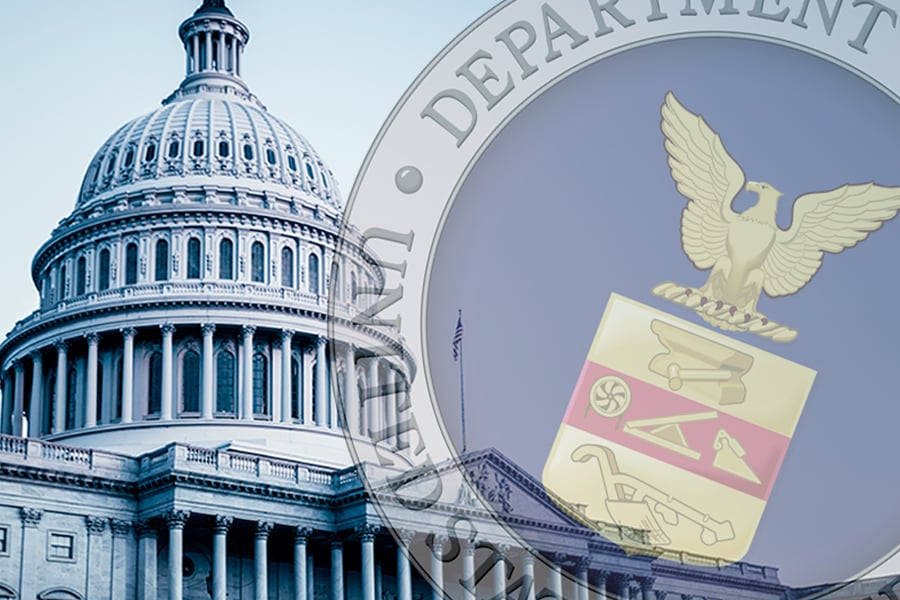The Labor Department's fiduciary rule may be 1,023 pages long, but it stops short of defining what acting in clients' best interest actually means, according to Texas Tech University.
About a week after the new regulation was released April 6, John Gilliam, an associate professor in the university's department of personal financial planning,
said he was forming an initiative to formulate and define “best interest” to help advisers understand the new regulatory parameters that have been set for them.
The highly prescriptive rule requires them to act in investors' best interest when assisting them with their retirement accounts, as opposed to a less strict suitability standard. For many registered investment advisers, this was thought to come naturally as, unlike brokers, they're already held to a fiduciary standard under the watch of the Securities and Exchange Commission when it comes to any investment recommendation.
Still, the agency's view of what it means to be a fiduciary isn't as stringent as it used to be, according to Knut Rostad, the president of the Institute for the Fiduciary Standard.
“The SEC has moved away over the past 20 years from a more stringent fiduciary standard,” he said. “What we require in our best practices are often not required by the SEC.”
The regulator predominantly addresses conflicts of interests as something that must be disclosed rather than avoided in the first place, according to Mr. Rostad.
This month, the Institute for the Fiduciary Standard provided advisers with a self-assessment verification checklist to help them evaluate their adherence to best practices.
Among the suggestions: “Communicate clearly and truthfully, both orally and in writing. Do not mislead. Make all disclosures and important agreements in writing.”
The group recommends disclosing all potential and actual conflicts of interests that are unavoidable, while acknowledging that “material conflicts are incompatible with objective advice.”
The Institute for the Fiduciary Standard suggests advisers provide a written statement of total fees and underlying investment expenses paid by their clients. Its checklist includes avoiding compensation for each client transaction.
Where unavoidable, advisers should be able to demonstrate that their investment recommendation and compensation serve the client's best interest.







